Europe 1901-present
While war seems to be a backdrop to events in Europe in this time period the articles collected here explore many of the wider impacts and elements to the war. Medicine and technology are explored alongside dramatic changes in social attitudes. The political events that disrupt and shape Europe of the 20th century are explored though a range of engaging articles that include Russia and the USSR, Fascism and European co-operation.
Sort by:
Date (Newest first) | Title A-Z
Show:
All |
Articles |
Podcasts |
Multipage Articles
-

'I've been in the Reichstag': Rethinking roleplay
ArticleClick to view -

'Victims of history': Challenging students’ perceptions of women in history
ArticleClick to view -
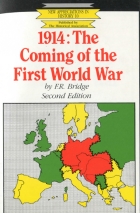
1914: The Coming of the First World War
ArticleClick to view -
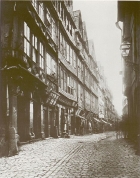
A question of attribution: working with ghetto photographs
ArticleClick to view -

After the Uprising of 1956: Hungarian Students in Britain
ArticleClick to view -
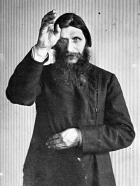
Alexandra and Rasputin
ArticleClick to view -

An authentic voice: perspectives on the value of listening to survivors of genocide
ArticleClick to view -

Analysing Anne Frank: a case study in the teaching of thinking skills
ArticleClick to view -
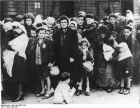
Anti-Semitism and the Holocaust
ArticleClick to view -
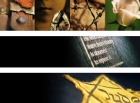
Being historically rigorous with creativity
ArticleClick to view -
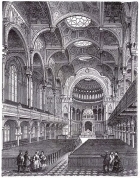
Berlin and the Holocaust: a sense of place?
ArticleClick to view -
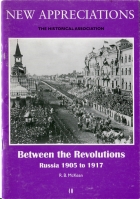
Between the Revolutions: Russia 1905 to 1917
ArticleClick to view -

Building an overview of the historic roots of antisemitism
ArticleClick to view -

Challenging stereotypes and avoiding the superficial: a suggested approach to teaching the Holocaust
ArticleClick to view -

Cunning Plan 126: What can Berlin tell us about Germany in the 20th century?
ArticleClick to view -
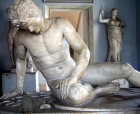
Cunning Plan 152.1: visual sources
ArticleClick to view -

Cunning Plan 174: creating a narrative of the interwar years
ArticleClick to view -
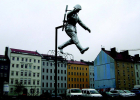
Cunning Plan 192: A suggested itinerary for visiting Berlin
ArticleClick to view -

Cunning Plan 92: The Weimar Republic
ArticleClick to view -

Cunning Plan 97: A-Level: International Relations 1890-1914
ArticleClick to view

